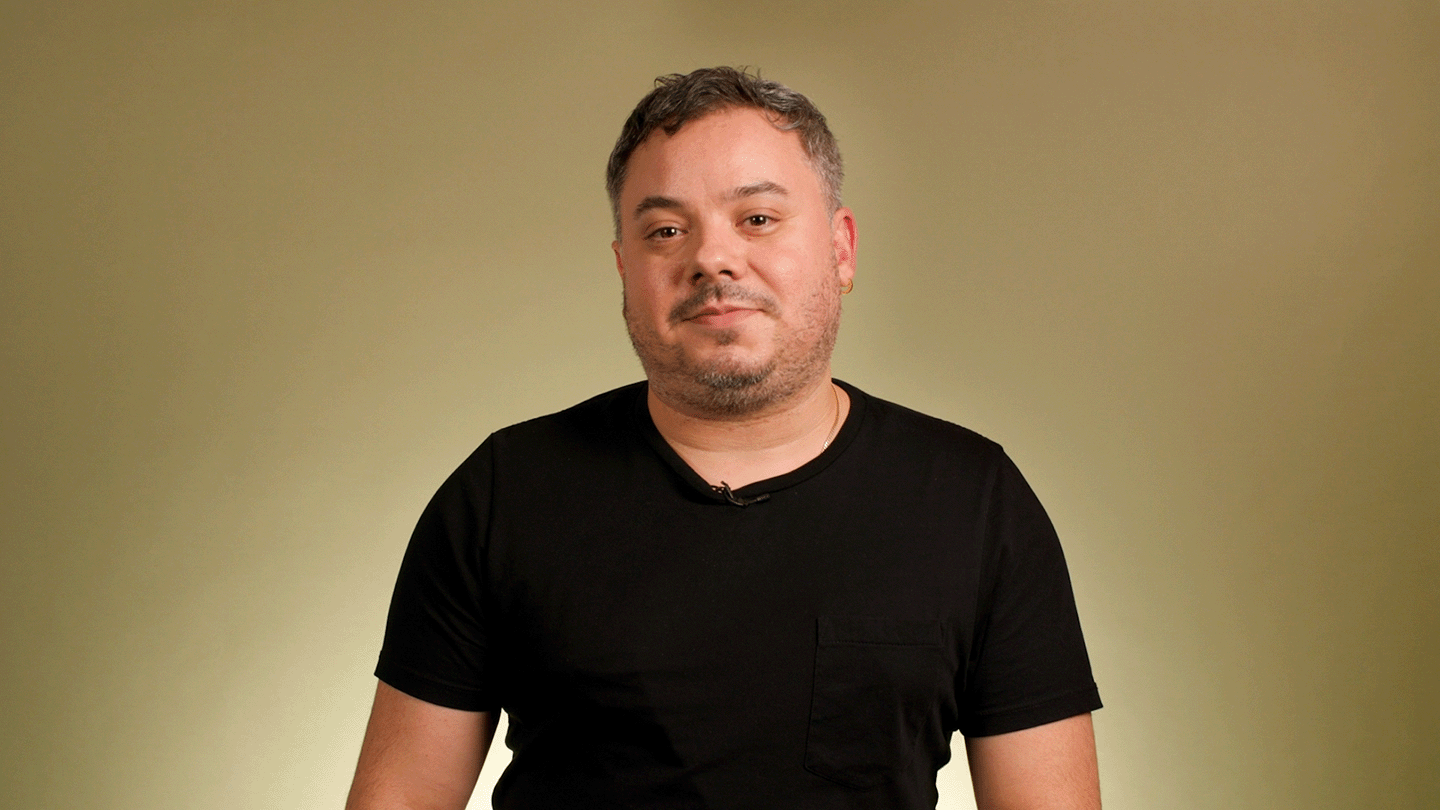Transcript
GET TO KNOW US | JANE STREET
Hi, I’m Ian. I’m a developer here in the London office, and I started full time in 2019.
HOW DOES YOUR ROLE AS A SOFTWARE ENGINEER FIT INTO THE FIRM AT LARGE?
So, Jane Street is made up of three distinct parts. About one third of Jane Street are traders, one third are developers, and one third is legal accounts, recruiting and so on. The traders are split up into different trading desks where each trading desk trades at different asset classes. So an asset class would be like stocks or bonds and the developers are split up into different developer teams, where each team builds a certain set of tools or a different app. But there are some developers, of which I am one, called desk devs who actually sit on the trading desks. We build tools that are specific to that trading desk and often leverage the tools which other core dev teams have built.
WHAT DO DEVELOPERS DO AT JANE STREET?
A few things off the top of my head, which are big parts of the role. So the first is obviously writing code. Another big part of the job is reading code. So here at Jane Street, we have a culture of code review where whenever you write some code, at least one other person will read that code in its entirety and usually multiple other people will read at least parts of that code. This means that a big part of your job will often be reviewing other people’s code, giving them feedback on how it could be better. I personally probably spend at least as much time reading code as I do writing code. So we have reading code, writing code. Another big thing is kind of specking out new features, new projects. So this would be talking to users, getting their requirements, thinking about design. What is the team going to build next week, next month, next year? So that you’re making sure the projects you’re working on now kind of are leading towards some bigger picture and getting a better understanding of your users – what they want, what they need, what can’t they do at the moment that they want to do in the future? And finally, another thing you might have to do is some support roles. So obviously you’ve built these tools, you’ve deployed them, they’re in use, and sometimes they go wrong and you might have to look for bugs to figure out what’s gone wrong. And maybe like roll fixes. These events can be a little bit stressful, I personally find them quite exciting, but the amount of this that you’ll do will depend a lot on the team you’re in.
ARE INTERN PROJECTS OF ONGOING VALUE TO THE FIRM?
Lots of intern projects get released and deployed to production and are still used today. Thinking back for interns that I’ve mentored in the past, I definitely use some of their code every day in my day-to-day job. And so intern projects are definitely of ongoing value to the firm. Even if they don’t succeed, they’re still often of value to the firm because we’ve learned that that approach is just not tractable.
WHAT CLASSES HELPED YOU PREPARE FOR YOUR JOB AT JANE STREET?
I think classes that will help you at Jane Street, the main classes, will just be any programming or software engineering courses that give you a good sense of software design and just generally writing code. On top of that, maybe some courses like distributed systems or databases might also be useful. But I think the key thing is just core software engineering, and everything else is quite easy to learn on the job.
HOW DID YOU LEARN OCAML AND JANE STREET’S LIBRARIES?
When you start, there is a training program, which we call OCaml bootcamp, where you walk through a series of exercises which start with very basic things like how to define a function or how to define a variable and work you all the way up to systems which are consuming Jane Street market data or serving kind of multiple RPCs synchronously. And so it really goes from 0 to 100. And after that, you’ll move on to doing real projects. And then once you start doing real projects, because Jane Street has such a strong culture of code review, all of your code will be reviewed by other people and they’ll often leave feedback on how you can write nicer OCaml or libraries that you maybe weren’t aware existed before. And so I think the code review is a big part of your continuous ongoing learning once you’ve completed the boot camp.
WHO ARE YOUR END USERS AND WHERE DOES YOUR WORK GO?
So my users are mostly traders who sit a few feet away from me. This means it’s really easy to collaborate, get feedback, and iterate on projects. So when you’re developing them, you can very easily show them prototypes, get feedback on things they want, and when you release it, they’re often using it the same day and then they’re very quick to request follow-up features. What do they want next? What’s still missing? So it’s very easy to collaborate and kind of get good responses from the users. I’m also a big fan of the fact that your users care a lot about this, so I think at some bigger software companies, you might deploy a very small change, but for a very large number of users. At Jane Street, it’s often a smaller number of users, but they care a lot about the change, which means that they’re very eager to give feedback, they’re very eager to come over and talk to you about what to build next. And for me, I really enjoy the kind of level of engagement you get from your users.
WHAT SORTS OF SOCIAL ACTIVITIES TAKE PLACE AT JANE STREET?
Jane Street organizes a series of social events, some of them at the firm level. So, for example, here in London, we have a regular pub evening, which we call the Bull and Caml. There are also team-level events, so often your team will organize a dinner because it’s been a while, or sometimes because maybe someone’s visiting from another office or because you have a new joiner on your team. It’s also very common when you go to another office to go out for dinner or go out for drinks or just generally socialize with your colleagues. And it’s a really fun way to explore a new city like New York or Hong Kong, where you go there and you already know a lot of your teammates. They’re often very willing to kind of take you out and show you the sights of the city.































